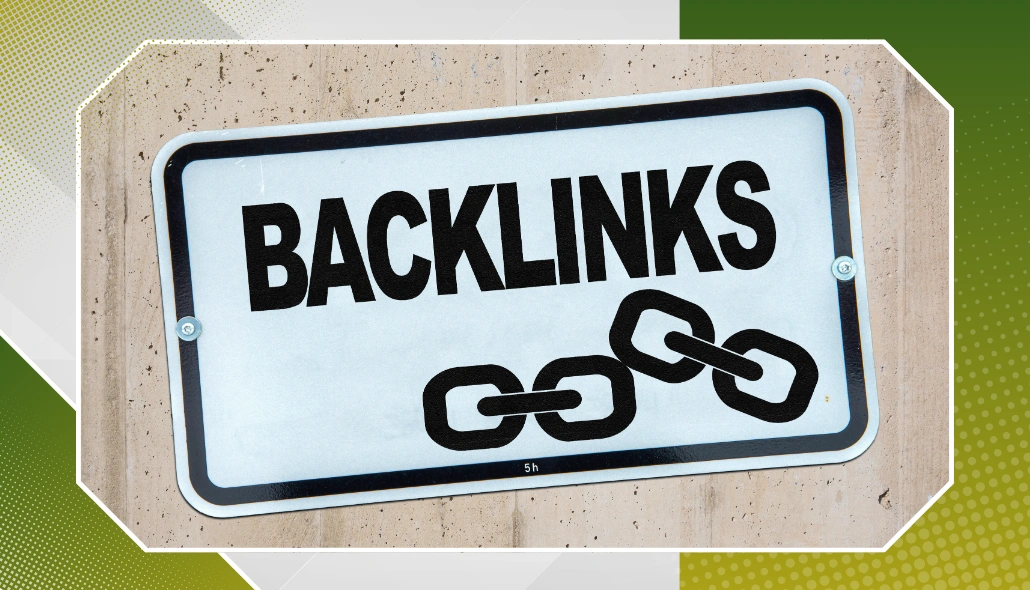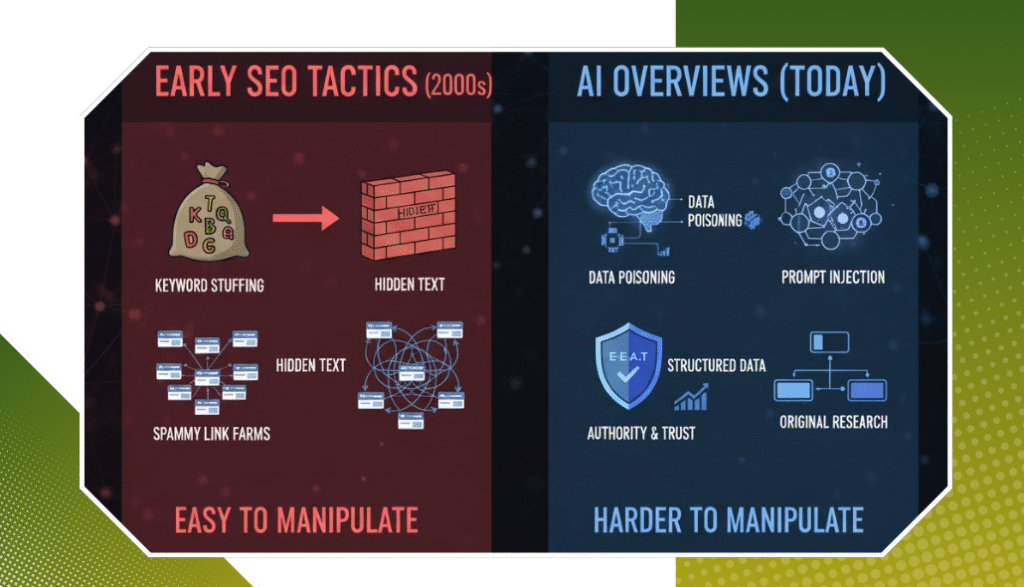The visibility of your Canadian website in search results is directly proportionate to the relevance and quality of your backlink portfolio. An intelligent strategy for establishing these links can really improve your rankings and funnel targeted traffic to your pages.
This blog reveals proven SEO techniques for acquiring valuable backlinks tailored to the Canadian market. You will discover practical steps for building your website’s authority, advancing search rankings, and solidifying a robust online presence within Canada’s competitive online market.
Understanding Backlinks and Their Role in SEO
Search engines view backlinks as confidence votes between two sites. When a quality site links to your content, it signals to search engines that your data is valuable and trustworthy.
The impact of backlinks on search rankings depends on several key factors:
- Domain Authority: Links from established websites with high domain ratings carry more SEO value
- Relevance: Links from sites related to your industry or niche have greater weight
- Link Placement: Natural links within content perform better than footer or sidebar links
- Link Text: Descriptive anchor text helps search engines understand context
High-quality backlinks share these characteristics:
- Come from trusted, authoritative websites
- Drive relevant traffic to your site
- Appear naturally within content
- Use proper anchor text
Low-quality backlinks often:
- Originate from spammy or irrelevant sites
- Use exact-match anchor text repeatedly
- Appear in link farms or directories
- Show unnatural linking patterns
Search engines like Google analyse these factors to determine how much ranking power to assign to each backlink pointing to your website.
Types of Backlinks You Should Know About
Building a compelling link profile requires understanding three main types of backlinks:
Follow Links
These are the most valuable types of backlinks for SEO. Follow links pass SEO value and authority from one site to another, helping boost search engine rankings. They also signal trust and endorsement from the linking website and contribute directly to your domain authority.
Nofollow Links
Nofollow links include the HTML attribute rel=”nofollow” and don’t transfer SEO value or authority. However, they are still valuable for driving referral traffic and creating a natural-looking link profile. Nofollow links are typically found in blog comments and forum posts.
Sponsored Links
Sponsored links are marked with the rel=”sponsored” attribute and are used for paid partnerships and advertisements. Google requires sponsored links for paid content, and they don’t pass SEO value. However, they help maintain transparency in advertising relationships.
A balanced backlink profile includes a mix of these link types, with follow links from authoritative sources forming the backbone of your SEO strategy. The ratio between follow and nofollow links should appear natural to search engines, mirroring typical web linking patterns.
Effective Link-Building Techniques for Canadian Websites
Building high-quality backlinks for Canadian websites requires strategic approaches tailored to the local market. Here are three proven techniques to enhance your website’s authority:
Guest Blogging
- Research Canadian blogs and websites that accept guest posts in your industry
- Look for sites with Domain Authority (DA) scores above 30
- Pitch unique topics relevant to Canadian audiences
- Include data-driven insights and local statistics
- Write comprehensive articles (1000+ words) with proper citations
- Create an author bio highlighting your Canadian expertise
Broken Link Building
- Use tools like Ahrefs or Check My Links to identify broken links
- Focus on Canadian educational institutions (.ca domains)
- Search for broken links on government websites (gc.ca domains)
- Send personalised emails to site owners
- Explain the broken link issue and suggest your content
- Highlight how your replacement content adds value
Content Marketing
- Create Canada-specific case studies and research papers
- Design infographics featuring Canadian statistics and trends
- Develop video content addressing Canadian market challenges
- Share success stories of Canadian businesses
- Create comprehensive guides to solve local industry problems
- Include Canadian regulations and compliance information
These techniques work best when combined with high-quality content creation. Your content should target the specific needs of Canadian businesses and consumers while maintaining professional standards and industry expertise.
Do not forget to tailor your outreach campaign to the Canadian market. In order to make your content relevant and link-worthy, refer to Canadian business norms, cultural nuances, and geographical differences.
Focusing on Relevance and Quality in Your Backlink Strategy
Building links is more about quality; authority and relevance play a pivotal role in achieving link-building success. Getting backlinks from domains related to their niches for Canadian websites helps in building their topical authority.
Here’s what makes a backlink relevant and valuable:
- Industry alignment: Links from websites in your industry or related fields signal expertise to search engines
- Geographic relevance: Canadian domains (.ca) and locally-focused content creators add contextual value
- Content match: Pages linking to your site should discuss related topics or themes
High-authority websites pass significant ranking power through their backlinks. These authoritative sources include:
- Established educational institutions (.edu domains)
- Government websites (.gov domains)
- Well-known industry publications
- Major Canadian news outlets
- Respected industry associations
A single backlink from a high-authority Canadian domain is more powerful than links from several low-quality sources. Search engines perceive such high-authority backlinks as significant trust signals, increasing your website’s credibility and search ranking within the Canadian marketplace.
Monitoring the Success of Your Backlink Strategy
Monitoring your backlink performance allows you to optimize your strategy and maximize ROI. Below are the key metrics that need to be tracked:
Key Performance Indicators:
- Total number of backlinks
- New backlinks acquired
- Lost backlinks
- Domain authority of linking sites
- Organic traffic growth
- Keyword rankings
- Referral traffic from backlinks
Recommended Tracking Tools:
Google Search Console provides free insights into:
- Link acquisition patterns
- Top linking domains
- Anchor text distribution
- Click-through rates
Ahrefs offers advanced tracking features:
- Comprehensive backlink analysis
- Competitor link profiles
- Domain Rating scores
- Link intersect opportunities
- Lost and broken link alerts
Setting up weekly or monthly tracking schedules helps you identify successful tactics and adjust underperforming strategies. These tools also include custom dashboards that allow you to visualise your backlink growth and measure its impact on your site’s organic visibility.
Avoiding Common Pitfalls in Backlink Building
Building high-quality backlinks requires careful attention to ethical practices. Search engines actively penalise websites that engage in manipulative link-building tactics.
Common Red Flags to Avoid:
- Purchasing backlinks from link farms or low-quality websites
- Participating in link exchange schemes
- Using automated link-building software
- Creating multiple sites solely for linking purposes
Best Practices for Ethical Link Building:
- Create valuable, share-worthy content
- Build genuine relationships with industry partners
- Focus on relevant, authoritative websites
- Maintain natural link velocity and diversity
Google algorithms have evolved to detect artificial pattern links. The loss of one penalty can create severe ranking downfalls, lower organic traffic levels, and reduced domain authority. Recovery from this type of penalty typically involves a complete link audit and removal request.
Local Considerations for Building Backlinks in Canada
Building backlinks for Canadian websites requires a targeted approach focused on local relevance. Here’s how you can leverage Canadian-specific opportunities:
Local Directory Listings
- Register your business on Canada411
- List your site on the Canadian Yellow Pages
- Submit to province-specific business directories
- Add your website to Chamber of Commerce listings
Canadian Partnership Opportunities
- Connect with Canadian bloggers in your niche
- Participate in Canadian trade associations
- Sponsor local events for media coverage
- Partner with complementary Canadian businesses
Regional Content Development
- Create content targeting Canadian provinces
- Share success stories of Canadian customers
- Feature local industry news and developments
- Highlight Canadian business achievements
These strategies help establish your website’s authority within the Canadian market while building valuable local backlinks that signal relevance to search engines.
Conclusion
Creating quality backlinks to your Canadian website requires strategic and continuous efforts. The methods employed in this blog – guest blogging to directory submission – are the pillars of a successful link-building campaign. Always remember to keep relevance, authority, and ethical principles in mind while building your backlink portfolio.
Start using these strategies today to enhance your website’s visibility in Canadian search results. Focus on building reliable relationships with other businesses and creating valuable content that gradually attracts quality backlinks.
Need expert guidance for your Canadian website’s SEO strategy? Contact Us at Rankingeek Marketing Agency, which specialises in developing customised link-building strategies that drive results in the Canadian market.




